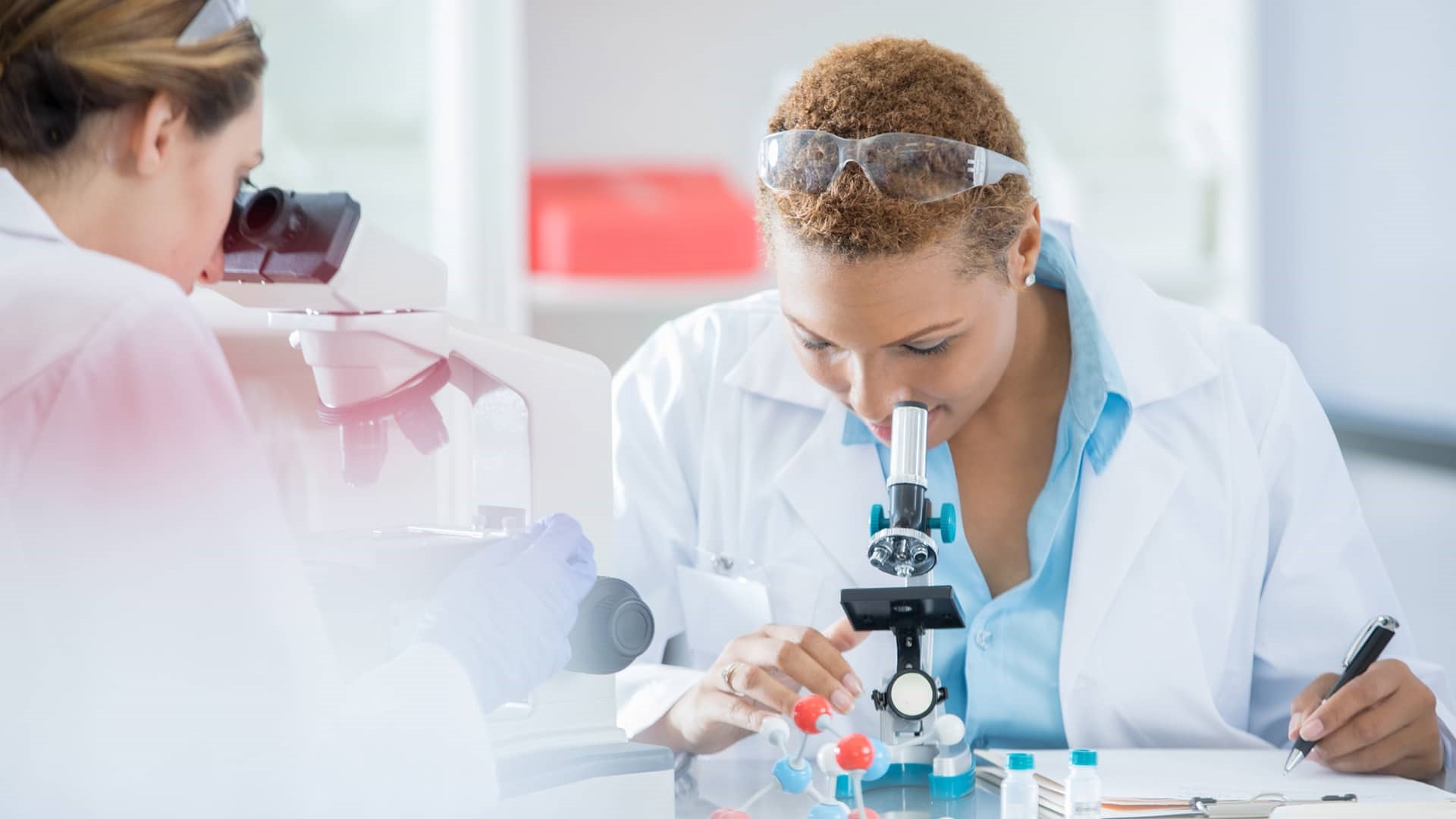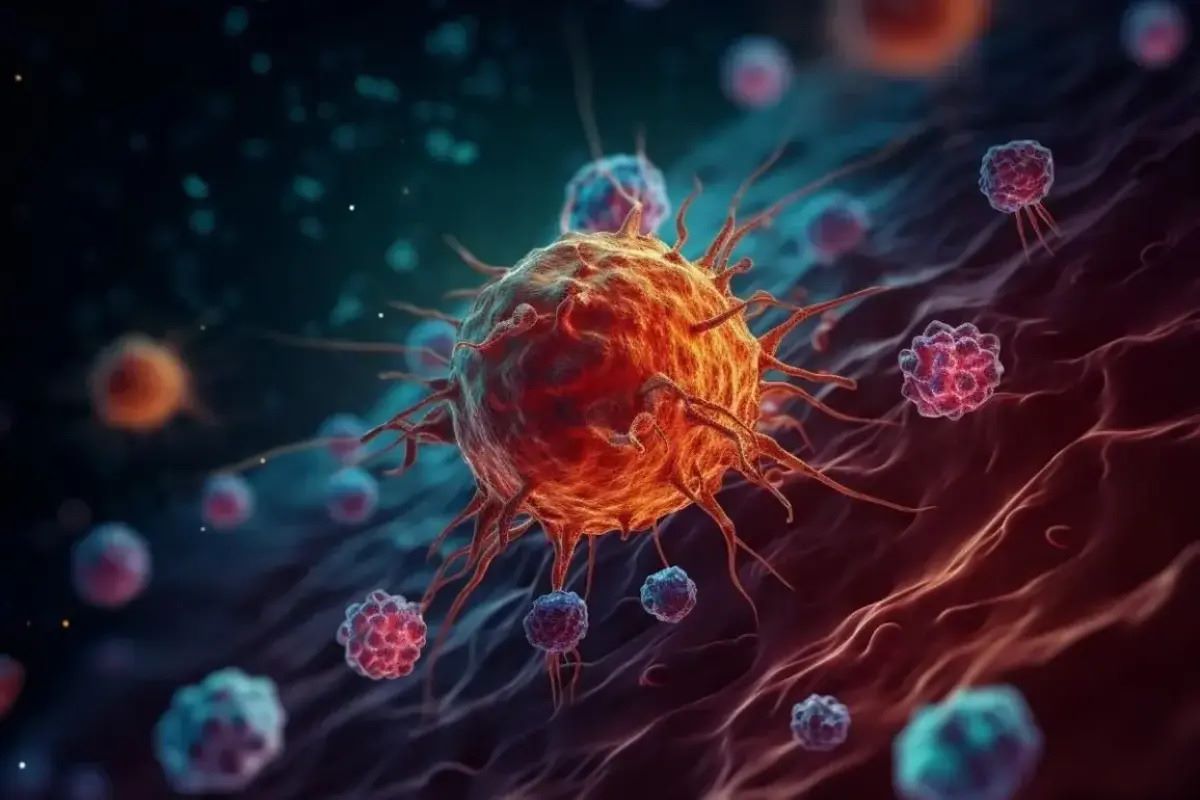
Microbiologists are the unsung heroes of science, working tirelessly to understand the microscopic world. These scientists study tiny organisms like bacteria, viruses, fungi, and algae. Their work helps us fight diseases, develop new medicines, and even improve food safety. Ever wondered what makes a microbiologist's job so fascinating? Microbiologists often work in labs, using advanced tools to observe and experiment with microorganisms. They play a crucial role in healthcare, agriculture, and environmental science. From discovering antibiotics to understanding pandemics, their contributions are immense. Ready to learn some amazing facts about these scientific detectives? Let's dive into the world of microbiologists and uncover what makes their work so vital.
What is a Microbiologist?
Microbiologists study tiny organisms like bacteria, viruses, fungi, and algae. They play a crucial role in understanding how these microorganisms affect our lives, from causing diseases to helping in food production.
-
Microbiologists work in various fields. They can be found in healthcare, agriculture, environmental science, and even space research. Their work helps develop new medicines, improve crop yields, and clean up pollution.
-
They use advanced technology. Tools like electron microscopes and DNA sequencers allow microbiologists to see and understand microorganisms in incredible detail. This technology helps them make groundbreaking discoveries.
The Importance of Microbiologists in Medicine
Microbiologists are essential in the medical field. They help diagnose diseases, develop vaccines, and create antibiotics that save millions of lives.
-
They identify pathogens. By studying samples from patients, microbiologists can pinpoint the exact cause of an infection. This information is crucial for doctors to prescribe the right treatment.
-
They develop vaccines. Microbiologists work tirelessly to create vaccines that protect us from deadly diseases like polio, measles, and COVID-19. Their research has eradicated or controlled many infectious diseases.
-
They combat antibiotic resistance. Overuse of antibiotics has led to resistant bacteria. Microbiologists study these superbugs to find new ways to fight them, ensuring we have effective treatments for infections.
Microbiologists in Agriculture
Microbiologists also play a vital role in agriculture. They help improve soil health, protect crops from diseases, and develop sustainable farming practices.
-
They enhance soil fertility. Microbiologists study soil microorganisms that help plants grow. By understanding these relationships, they can develop methods to boost crop yields naturally.
-
They protect crops. Microbiologists identify and control plant diseases caused by bacteria, fungi, and viruses. Their work helps farmers produce healthy, abundant crops.
-
They promote sustainable farming. By studying natural processes, microbiologists develop eco-friendly farming techniques that reduce the need for chemical fertilizers and pesticides.
Environmental Impact of Microbiologists
Microbiologists help protect our environment by studying microorganisms that can clean up pollution, recycle nutrients, and support ecosystems.
-
They clean up oil spills. Certain bacteria can break down oil, making them useful for cleaning up environmental disasters. Microbiologists study these bacteria to improve bioremediation techniques.
-
They recycle waste. Microorganisms play a key role in breaking down organic waste. Microbiologists study these processes to develop better waste management systems.
-
They support ecosystems. Microbiologists study the role of microorganisms in ecosystems, helping us understand how to protect and preserve natural habitats.
Microbiologists in Space Research
Microbiologists even contribute to space exploration. They study how microorganisms behave in space and help ensure the safety of astronauts.
-
They study extremophiles. These are microorganisms that can survive in extreme conditions, like those found in space. Understanding extremophiles helps scientists develop life support systems for space missions.
-
They ensure astronaut health. Microbiologists monitor the health of astronauts by studying the microorganisms they carry. This research helps prevent infections and maintain a healthy environment on spacecraft.
The Final Word on Microbiologists
Microbiologists play a crucial role in our world, from fighting diseases to improving food safety. Their work often goes unnoticed, but it impacts our daily lives in countless ways. Whether they’re studying bacteria, viruses, or fungi, these scientists are on the front lines of healthcare and environmental protection. They help develop vaccines, antibiotics, and even biodegradable materials. Without their expertise, many of the advancements we take for granted wouldn’t exist. So next time you hear about a breakthrough in medicine or agriculture, remember the microbiologists who made it possible. Their dedication and curiosity drive progress and innovation. If you’re fascinated by the microscopic world, consider a career in microbiology. It’s a field full of discovery and impact, where you can truly make a difference.
Was this page helpful?
Our commitment to delivering trustworthy and engaging content is at the heart of what we do. Each fact on our site is contributed by real users like you, bringing a wealth of diverse insights and information. To ensure the highest standards of accuracy and reliability, our dedicated editors meticulously review each submission. This process guarantees that the facts we share are not only fascinating but also credible. Trust in our commitment to quality and authenticity as you explore and learn with us.


